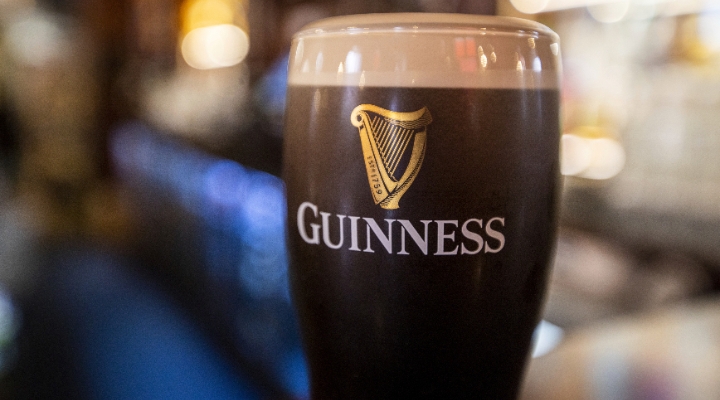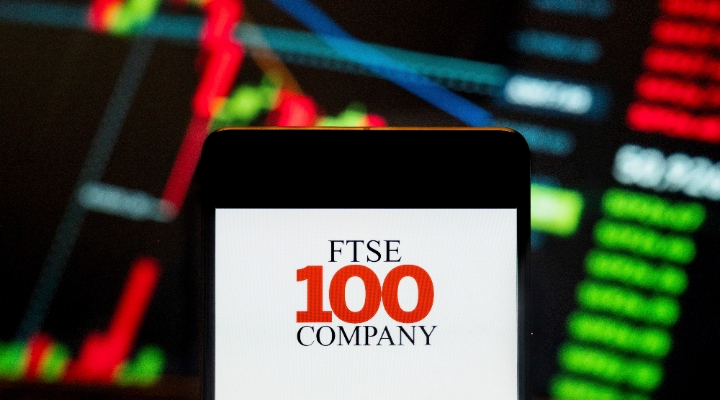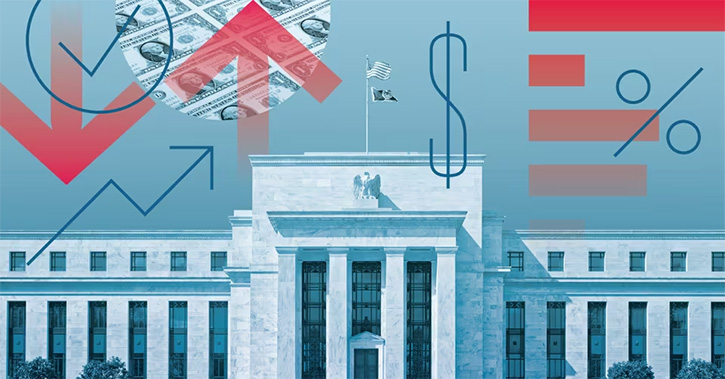(Alliance News) - The price of the pay deal offered to junior doctors is a "drop in the ocean" compared to the cost of strikes, UK Chancellor Rachel Reeves has said.
The new offer for junior doctors in England is worth 22.3% on average over two years.
Asked how much it would cost to settle the junior doctors' pay, the Chancellor told Times Radio: "It's GBP350 million."
She said that was a "drop in the ocean" compared to the GBP1.7 billion cost of industrial action in the NHS to the economy last year.
"People voted for change just over three weeks ago and part of that change is bringing to an end the industrial disputes that have caused so much damage to people using frontline public services," she said.
"Just last year 1.4 million appointments in the NHS (were) cancelled, that had an economic cost too – GBP1.7 billion cost to our economy last year of industrial action in the NHS alone."
Asked how much it would cost to settle the junior doctors' pay, she said: "It's GBP350 million – and that's a drop in the ocean compared to the GBP1.7 billion… Let me be clear about the information that I published yesterday. It cost GBP1.7 billion to our economy last year because of industrial action. It caused huge misery, pain and agony for people waiting for appointments that never happened. 1.4 million missed appointments last year.
"People voted three weeks ago to change and we are delivering that change. We will get our public finances back on a firm footing and we will ensure that our public services particularly our NHS start working again so that when people need an appointment in our NHS, they can get one.
"The last government refused to even meet with the junior doctors, and when they did meet they were at loggerheads.
"In three weeks we have resolved this dispute which has caused so much pain for people waiting for operations and appointments."
The new offer has been put to junior doctors members at the British Medical Association (BMA).
If accepted, the deal will see junior doctors' pay rise by between 3.71% and 5.05% – averaging 4.05% – on top of their existing pay award for 2023/24. This will be backdated to April 2023.
Each part of the pay scale will also be uplifted by 6%, plus GBP1,000, as recommended by the Review Body on Doctors' and Dentists' Remuneration (DDRB), with an effective date of April 1 2024.
Both rises mean a doctor starting foundation training in the NHS will see base pay increase to GBP36,600, up from about GBP32,400.
A full-time doctor entering specialty training will have basic pay rise to GBP49,900 from about GBP43,900.
Dr Emma Runswick, deputy chair of BMA council, said the offer was a "good step" but may not be enough to resolve all issues faced by the profession.
She told BBC Breakfast: "We think it's a reasonable offer, and we're recommending that members vote for it.
"It's not pay restoration, but it is a step towards that over the two years, 22.3%… will put us in a position where newly qualified doctors currently earning GBP15 an hour will earn about GBP17.60 an hour.
"It's not the GBP20 or GBP21 an hour we were seeking, but we think it's a good step."
Asked whether she thought the offer would "make everybody happy and resolve everything", Dr Runswick said: "I don't think it will.
"We're in a position where in Australia and Canada and Ireland, we can earn double, 70% more than we do in the UK, and many of my colleagues have left.
"I don't think that yet this will be a change that will bring people back, but it might be a step that encourages people to stay because it highlights a shift in approach from this Government."
Dr Runswick was also asked about collective action by family doctors.
GPs across England have been balloted on whether they are in favour of staging collective action amid a row over the new contract for GP services in England. The ballot closed on Monday.
Dr Runswick told BBC Breakfast: "It won't be a strike from GPs. GPs are making a series of changes that enable them to practise safely.
"GPs have had a huge number of cuts and transfer of workload into general practice, predominantly from secondary care where secondary care is in collapse, and therefore additional workload (has been put) on GPs.
"They are looking at actions like limiting the number of people that they see each day – many GPs see more than 50 people a day.
"They will be working more than 12 hours a day, they are seeing huge amounts of work from secondary care.
"They are looking at a variety of actions that keep patients safe and enable them to control their workload until they get a contract that suits them and suits the profession and suits patients so that people can see their family doctor when they need to."
By Ella Pickover and Sophie Wingate
Press Association: Finance
source: PA
Copyright 2024 Alliance News Ltd. All Rights Reserved.

























